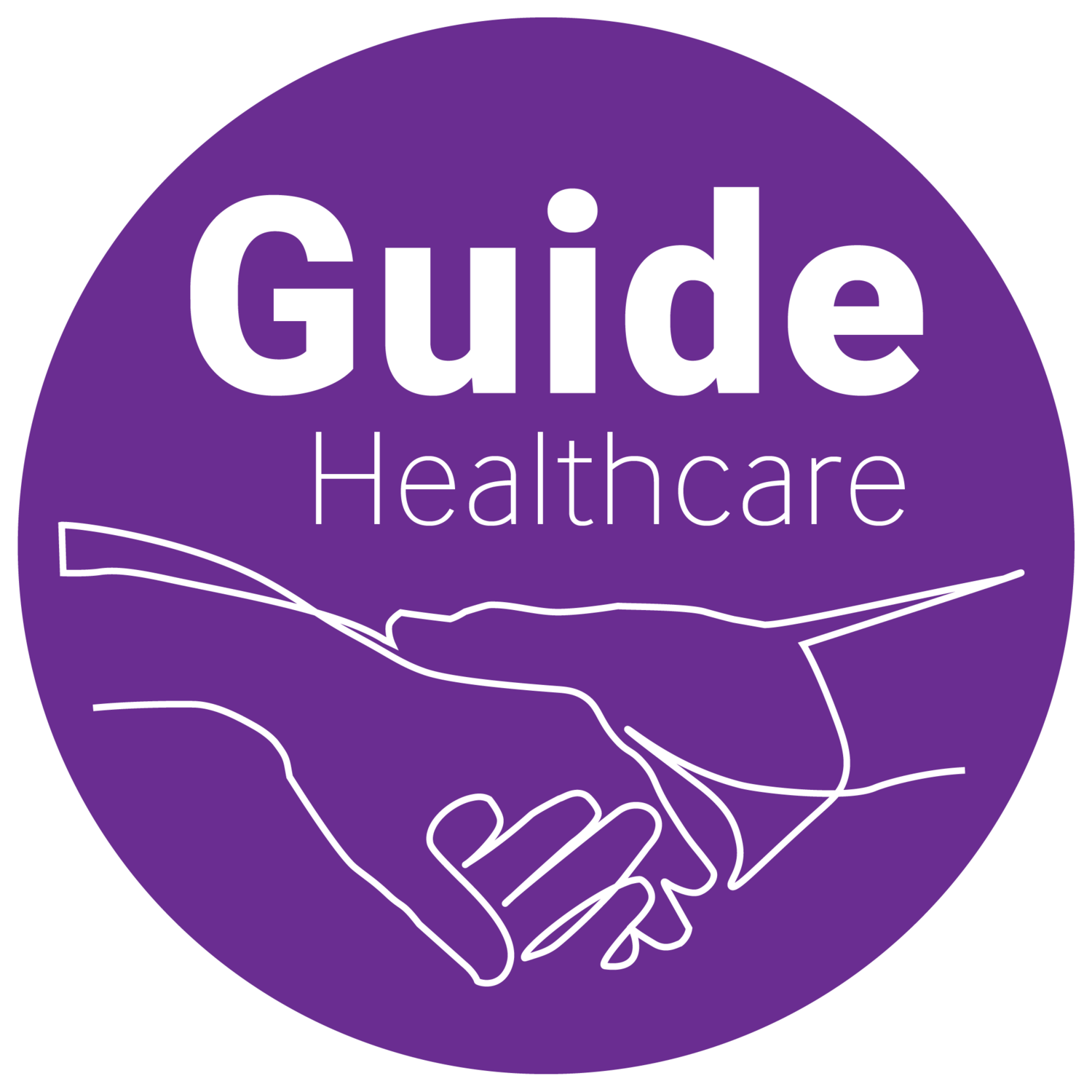

Older people represent one of the most at-risk populations for communication, swallowing and mealtime difficulties.
This is usually the result of:
Age-related sensory loss such as hearing and/or vision loss
Loss of sense of taste and/or smell
Acute conditions such as stroke
Degenerative conditions, such as dementia
Cancer
Trauma
Frailty in older age

Common consequences of these conditions include:
Aphasia - difficulty understanding and producing language
Apraxia - motor planning difficulty impacting speech production
Cognitive-communication impairment - difficulty communicating due to impaired cognition
Dysarthria - motor difficulty impacting speech production
Dysphonia - impairment of voice
Dysphagia – difficulty swallowing
The medical, nutritional, and psychosocial consequences of these difficulties can be significant, including:
Impacting on the person’s ability to make life decisions and to act on these decisions
Inability to access and utilise basic human services including medical care
Acute medical events such as aspiration pneumonia - food and/or fluid entering the lungs
Nutritional deficits such as dehydration and malnutrition
Difficulty taking medication
Increased feelings of anxiety, depression, frustration, and reduced self-esteem
Social isolation, loss of independence, and loss of autonomy
Loss of intimacy, shared interests, and emotional support

Speech pathologists play a crucial role in reducing the negative impact of these difficulties by providing intervention to optimise communication and mealtime function, increase independence and participation, and facilitate quality of life of older people regardless of age, medical condition, or place of residence.
Speech pathologists also provide a valuable contribution to the assessment of decision-making capacity and the facilitation of active decision making for older people with communication support needs, including developing communication accessible health information and decision making procedures and protocols. This service helps to ensure that older people with communication support needs are afforded opportunities for choice and control, essential under a consumer directed care model.

Contact us.
General Enquiries
admin@guidehealthcare.com.au
02 9663 0387


